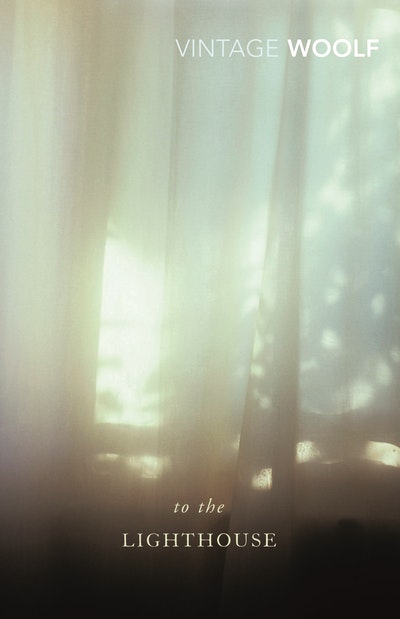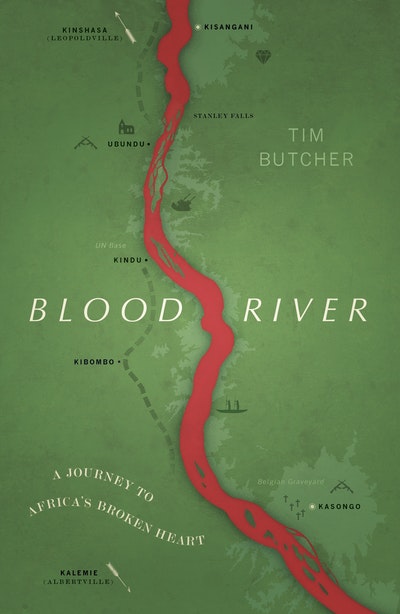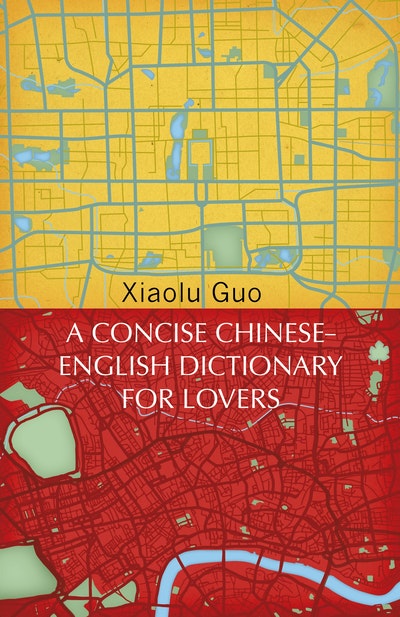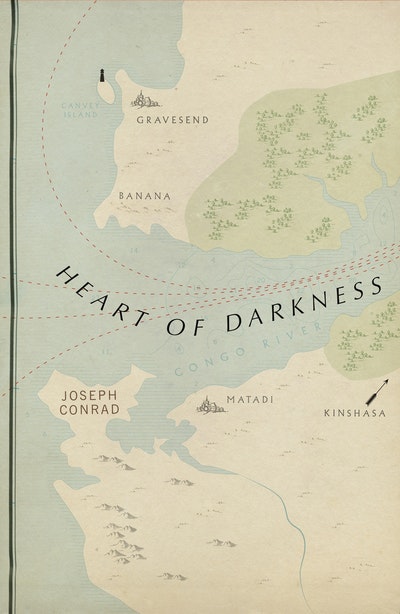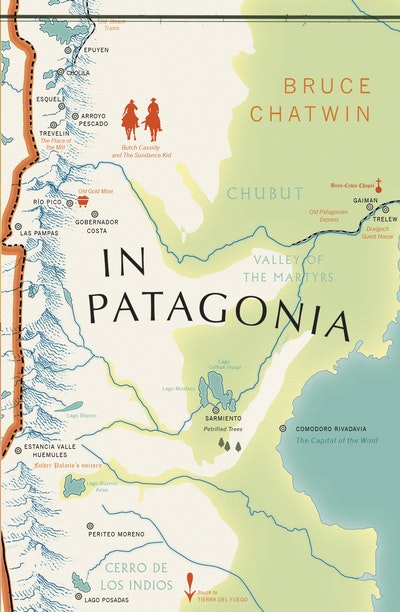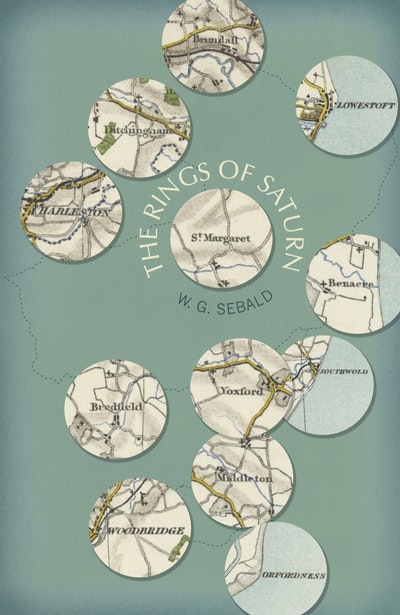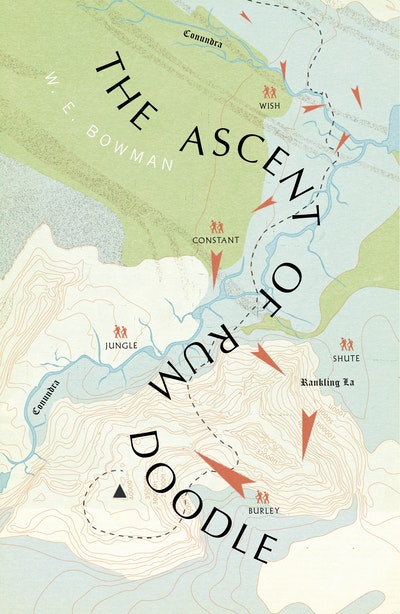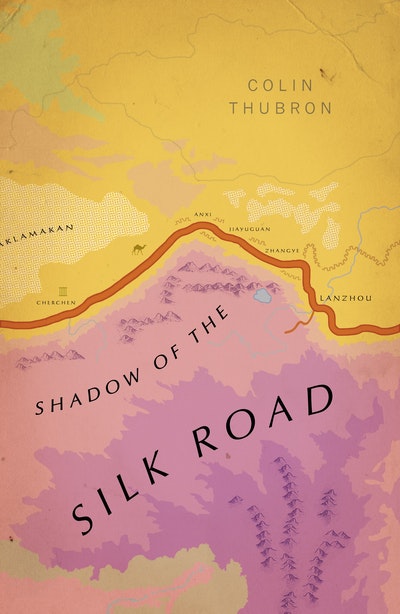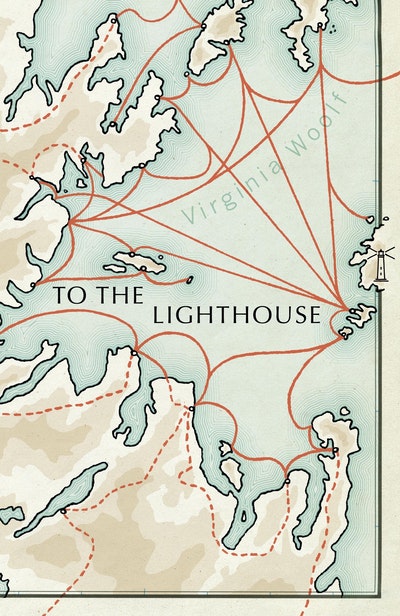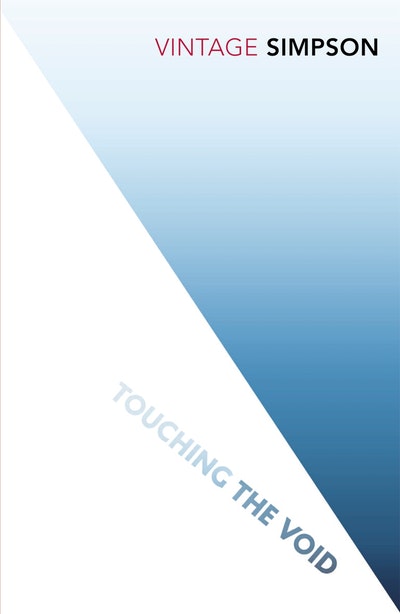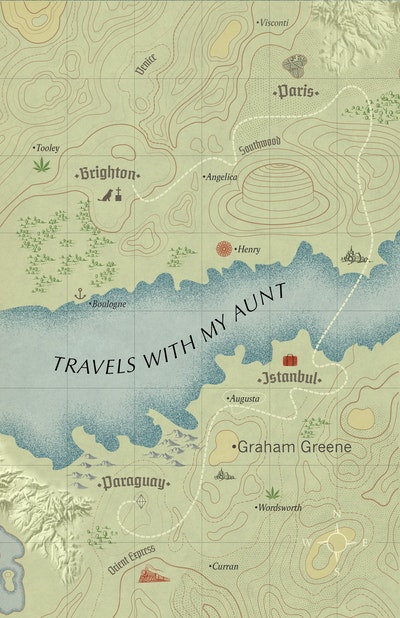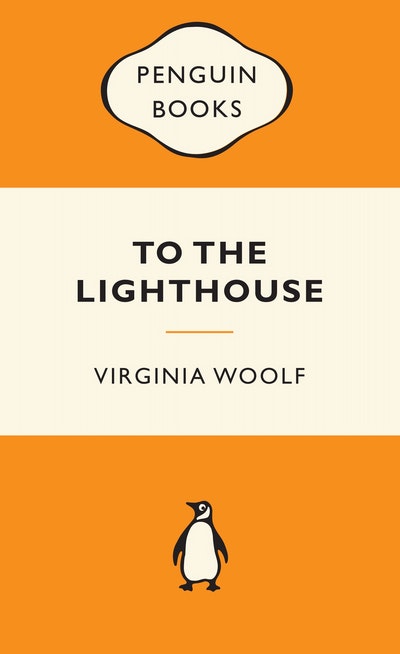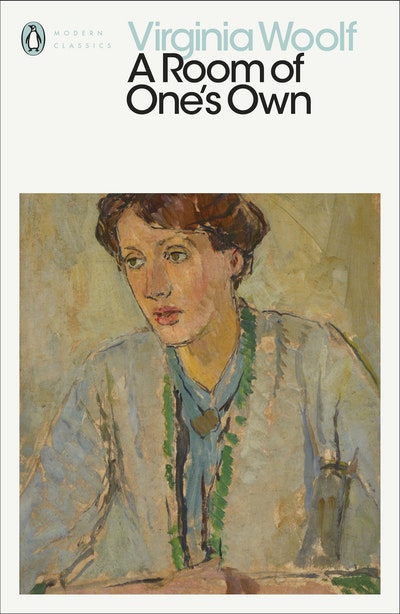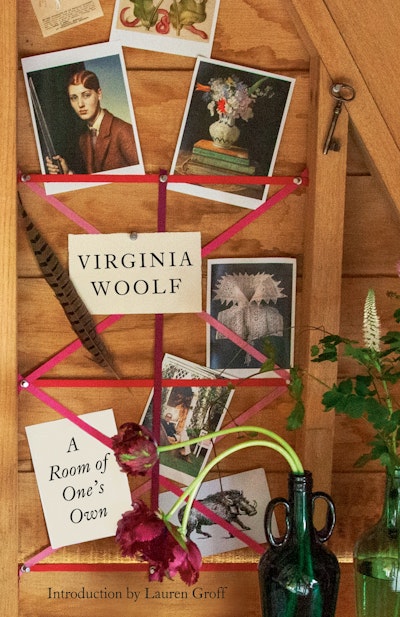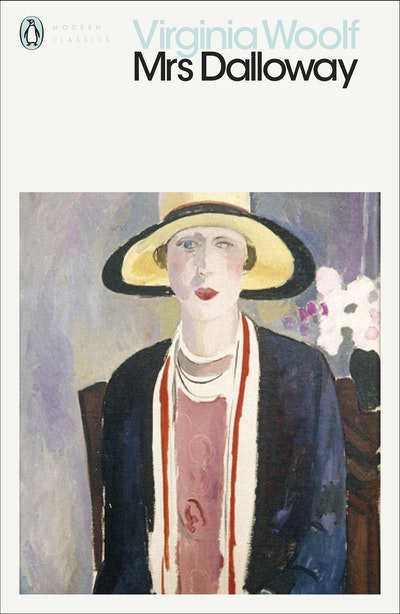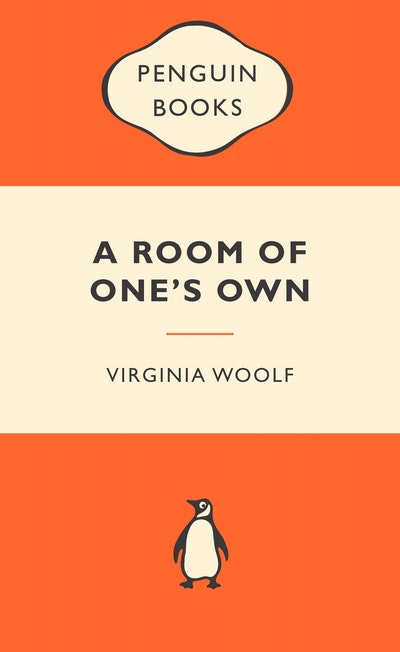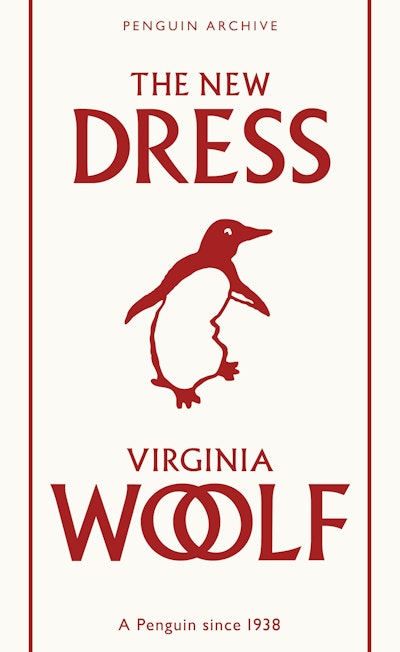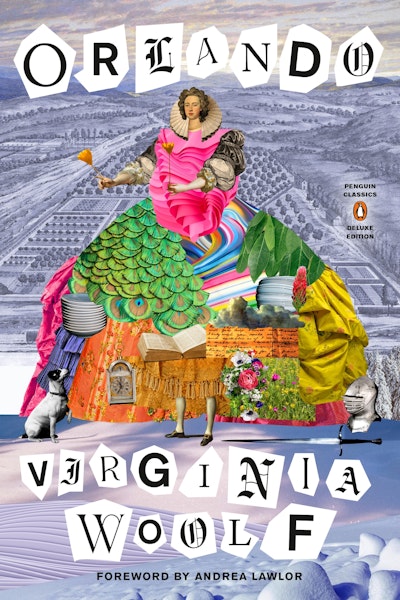To The Lighthouse
- Published: 7 April 2011
- ISBN: 9781446467060
- Imprint: Vintage Digital
- Format: EBook
- Pages: 224
Woolf’s groundbreaking novel is still one of the best available accounts of self-mythologising middle-class family life and its oppressive construction of male and female identity
Rachel Cusk
I reread this book every once in a while, and every time I do I find it more capacious and startling. It’s so revolutionary and so exquisitely wrought that it keeps evolving on its own somehow, as if it’s alive
Alison Bechdel
A classic for a reason. My mind was warped into a new shape by her prose and it will never be the same again. The metaphysics she presents in the book are enacted in a way that allowed me to begin to understand that corner of philosophy
Greta Gerwig
To The Lighthouse is one of the greatest elegies in the English language, a book which transcends time
Margaret Drabble
It is an elegy for lost times and family life
The Week
Thrillingly introspective
The Independent
To The Lighthouse is one of the greatest elegies in the English language, a book which transcends time
Margaret Drabble
It is an elegy for lost times and family life
The Week
Thrillingly introspective
The Independent
